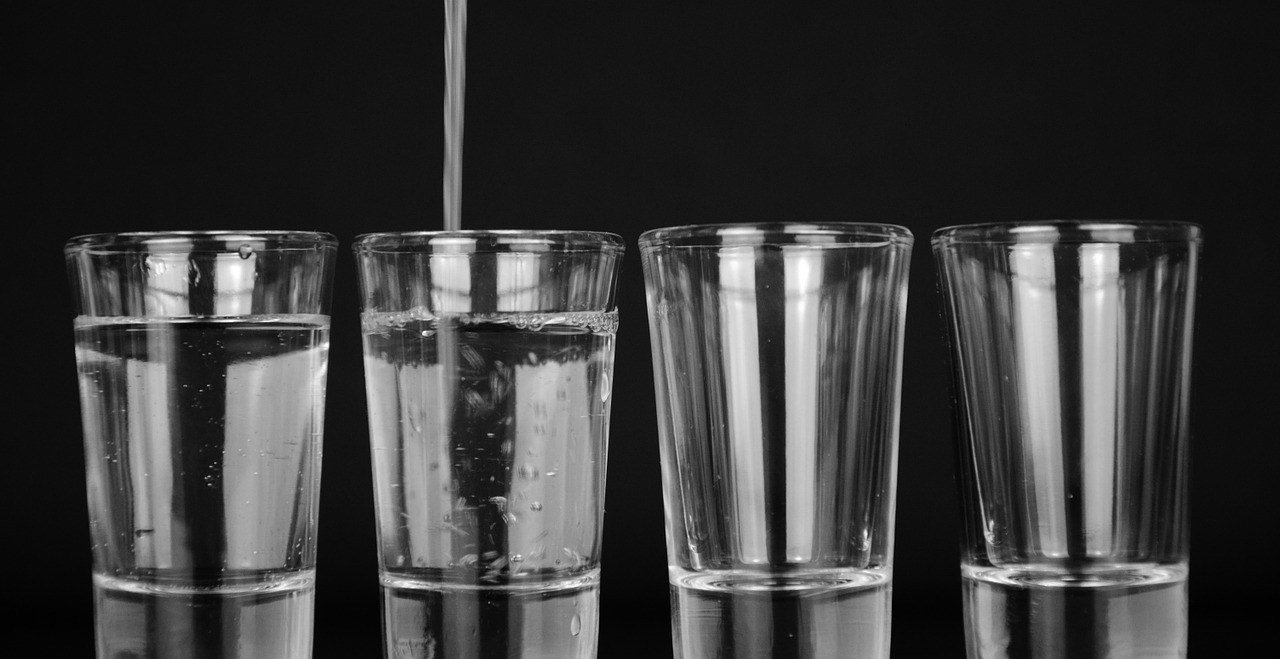I love water! The weightlessness of wading in the pool, the coolness it provides on a hot day, or the therapeutic warmth of a steamy bath. I even love the sound of water. Waterfalls, ocean waves, rainstorms…I love it all! In fact, the only thing I don’t like about water, is actually drinking it.
It pains me to say that I don’t like drinking water, as I’m well aware of how fortunate my family and I are to have safe drinking water. According to the World Health Organization and Unicef, “2.1 billion people globally lack safe water at home,” and 263 million of those people “spend more than 30 minutes per round trip collecting water” for basic needs. Yet, here I am with a water cooler in my home and office saying that I “don’t like drinking water.” Not cool man…not cool.
Everyday, I witness my husband and co-workers chugging down several glasses of water a day, and often feel like I should follow suit. Sure, I’ll drink a glass or two if I’m really thirsty, but I’ve often heard that once you’re thirsty, you are already dehydrated. That can’t be a good thing.
In an attempt to convince myself to drink more water, I decided to do some research on the topic. You see, I tend to overthink things; even things that seem common-sensical like “drink more water.” If I’m going to implement something that I don’t find pleasant into my life, I want to see evidence that it’s actually worth doing. So I delved in to my school’s library to find research articles on hydration, dehydration, water and fat-loss, water and hunger, etc. The surprising thing is, I didn’t find many articles to support my belief that I should be drinking more water. In fact, most of the articles I read didn’t support the popular notion that drinking more water aids with fat-loss or better health.
One study had test subjects drink 4 bottles of water throughout the morning, before eating lunch. Yikes! These test subjects indeed reported feeling less hungry, but still consumed the same amount of calories as they did when they didn’t chug water throughout the morning. Furthermore, the participants were provided with a full lunch buffet, which consisted of pasta, Texas toast, fruit, and chocolate chip cookies, among other tasty items. Plus, there was no time restrictions on how long they had to eat, so they could take small breaks and go back for more food at their leisure.
The results of this experiment definitely sounded true to real life. How many times have you gone to a party or buffet, and eaten or drank plenty of water beforehand to make sure that you wouldn’t be too hungry when the food arrives? Then, you still end up eating just as much as you would’ve normally. You may have even believed that you ate less, but in reality, that probably wasn’t the case.
Furthermore, although rare, overhydration is a very real possibility for people who consume more water than is necessary to satiate thirst. An article published in The Physician and Sportsmedicine journal found that misinformation from the Internet regarding how much water we should drink when exercising can set people up for overhydration, which can cause sodium levels to drop fatally low. This is especially noticeable in athletes who believe they need to drink more water or sports drinks to keep from getting dehydrated.
The truth is, it is difficult for healthy adults living in a modern society to inadvertently become critically dehydrated. Kidney specialist, Dr. Mitchell Rosner, of University of Virginia Health System suggests that we listen to our body when it comes to determining how much water to drink. “If you drink when thirsty, you will not…suffer from significant dehydration.” That’s it! Easy, straightforward advice from an expert; and proof that I could keep my water worries at bay.
So, all in all, water is an essential component for living, but more is not always better.

